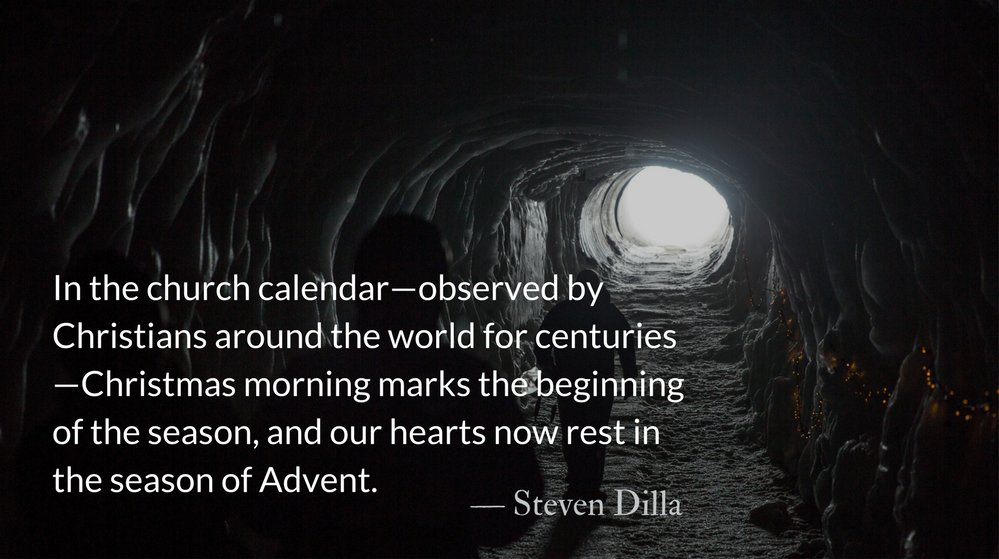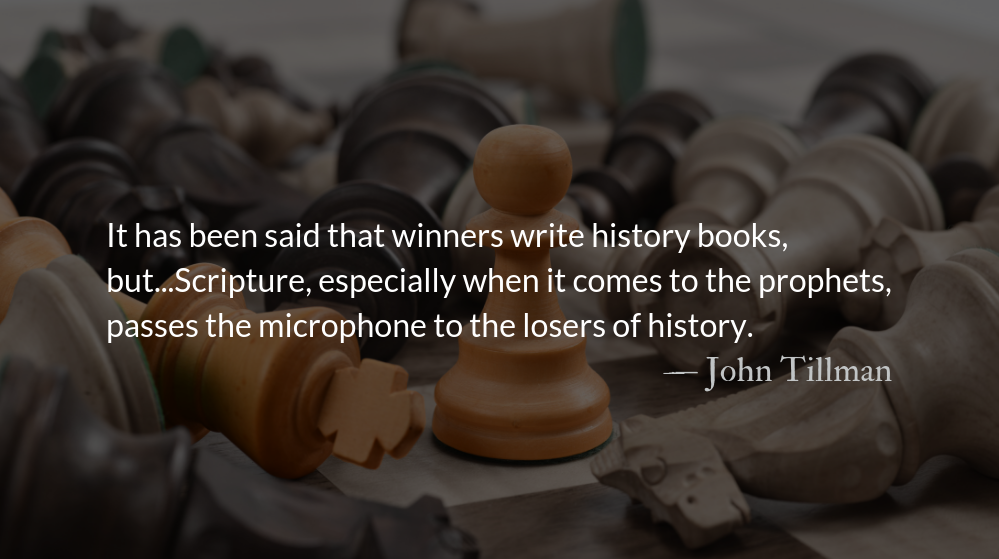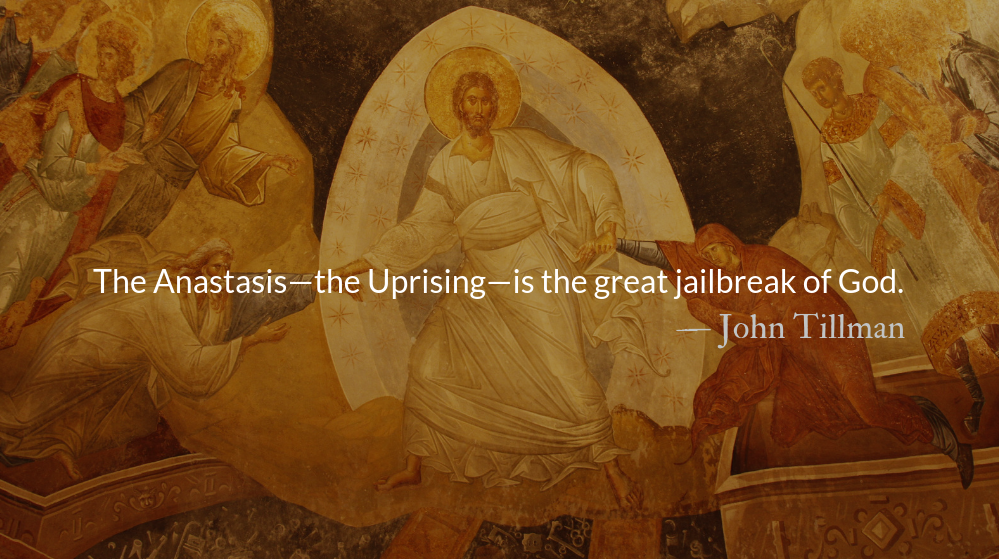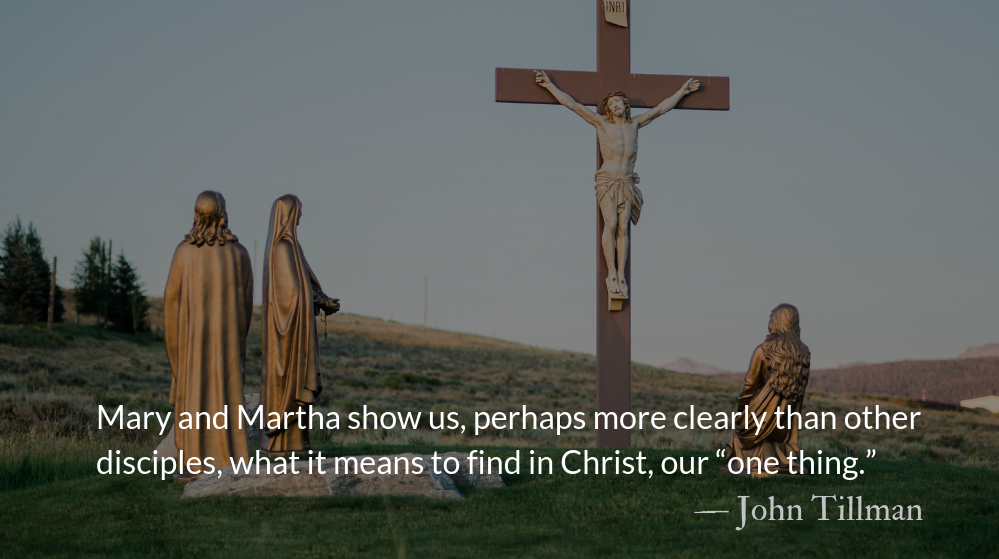From John:
As we move into the season of Advent (the first Sunday of Advent is this weekend) we prepare our hearts with this devotional from our latest guest writer, Dena Dyer. You can connect with Dena and find out more about her writing at her Facebook page. Dena also has a prayer journal available for Christmas, called The Colors of Christmas—a prayer journal.
Reflection: Anticipating His Advent
By Dena Dyer
The people of Israel had not heard from their prophets in over 400 years. In the midst of cruel taxation laws and heavy religious burdens, the long-awaited Messiah became a distant hope, a flicker of promise almost extinguished by doubt and fatigue.
Then a star appeared over a smelly manger in Bethlehem, and rumors began to surface about a child-king who’d been born to a poor man from Nazareth and his young bride. Angels sang to sweaty shepherds, who bowed in worship at a trough housing a promise kept. Some Jews—such as Anna, Simeon, and Elizabeth–worshipped; others stayed mired in confusion.
Thirty long years passed before Jesus began his public ministry. He healed the infirm, emptied graves, and forgave sins. And still, doubts persisted. After a very public trial, crucifixion, and resurrection, thousands of skeptics believed.
Even so, many people still await the Messiah.
Because we as humans are temporal beings in an ever-decaying world, we have a hard time waiting. We have an even more difficult time believing in promises.
My youngest son has prayed like this for years: “God, I hope that Dad has a good day at work. I hope I can go to Morgan’s this weekend. I hope Uncle Marty’s cancer gets better.”
I wondered whether I should correct him when he said “hope,” because I was only familiar with the Webster’s Dictionary definition: “to want something to happen or be true and think that it could happen or be true.”
Then I learned the biblical definition of hope. In the Old Testament, hope is often translated from the Hebrew word yachal meaning “trust.” In the New Testament, the word hope is used for elpis, which can be translated “to expect or anticipate with pleasure.”
Therefore, hope–in the biblical sense–equals trust and faith. Paul wrote in Romans 8:24-25, “In this hope we were saved. Now hope that is seen is not hope. For who hopes for what he sees? But if we hope for what we do not see, we wait for it with patience.”
As our world groans from injustice, terrorism, and catastrophe; as we slog through financial and familial stress, job changes, and health crises; as our children face temptations we could have never imagined—let’s not forget that we trust in what we do not see.
Let’s wait for Jesus with patience, encouraging one another to expect and anticipate with pleasure his second Advent, when he will set all things right.
Let’s wait in peace.
Do you find waiting difficult? Why or why not?
Have you ever lost hope in a certain situation?
Has God given you scripture or people to encourage you to expect and anticipate the fulfillment of God’s promises? Spend some time thanking him.
PRAYER:
My spirit grows weak at the thought of my children inheriting a world that we haven’t stewarded well…a faith that we haven’t lived out the way we should. Father, you’re our hope and peace. You can comfort us with your presence and your word. Let us not neglect it, or you, when we are afraid, but instead run to you with open minds and hearts. And Jesus? Thank you for your ridiculous love. Give me assurance that you are still at work in this world
*This devotional was originally posted as a part of The High Calling devotional series.
Prayer: The Call to Prayer
Search for the Lord and his strength; continually seek his face.— Psalm 105:4
– Prayer from The Divine Hours: Prayers for Autumn and Wintertime by Phyllis Tickle.
Prayers from The Divine Hours available online and in print.
Today’s Readings
Micah 5 (Listen – 2:21)
Luke 14 (Listen – 4:36)
This Weekend’s Readings
Micah 6 (Listen – 2:28) Luke 15 (Listen – 4:19)
Micah 7 (Listen – 3:36) Luke 16 (Listen – 4:27)
Additional Reading
Read More from Dena on Under His Covering
The wise men gave three presents to the baby Jesus, but God also gave three presents to Mary. He gave her the Messiah, but he also granted her joy and peace.
Read More from Origen on Prayer from the Belly of the Beast
Souls that have long been barren but have become conscious of their intellects’ sterility and the barrenness of their mind, through persevering prayer have conceived of the Holy Spirit and given birth to thoughts and words of salvation full of contemplated truth. — Origen
Support our Work
Each month over 22,000 Park Forum email devotionals are read around the world. Support our readers with a monthly or a one time donation.











